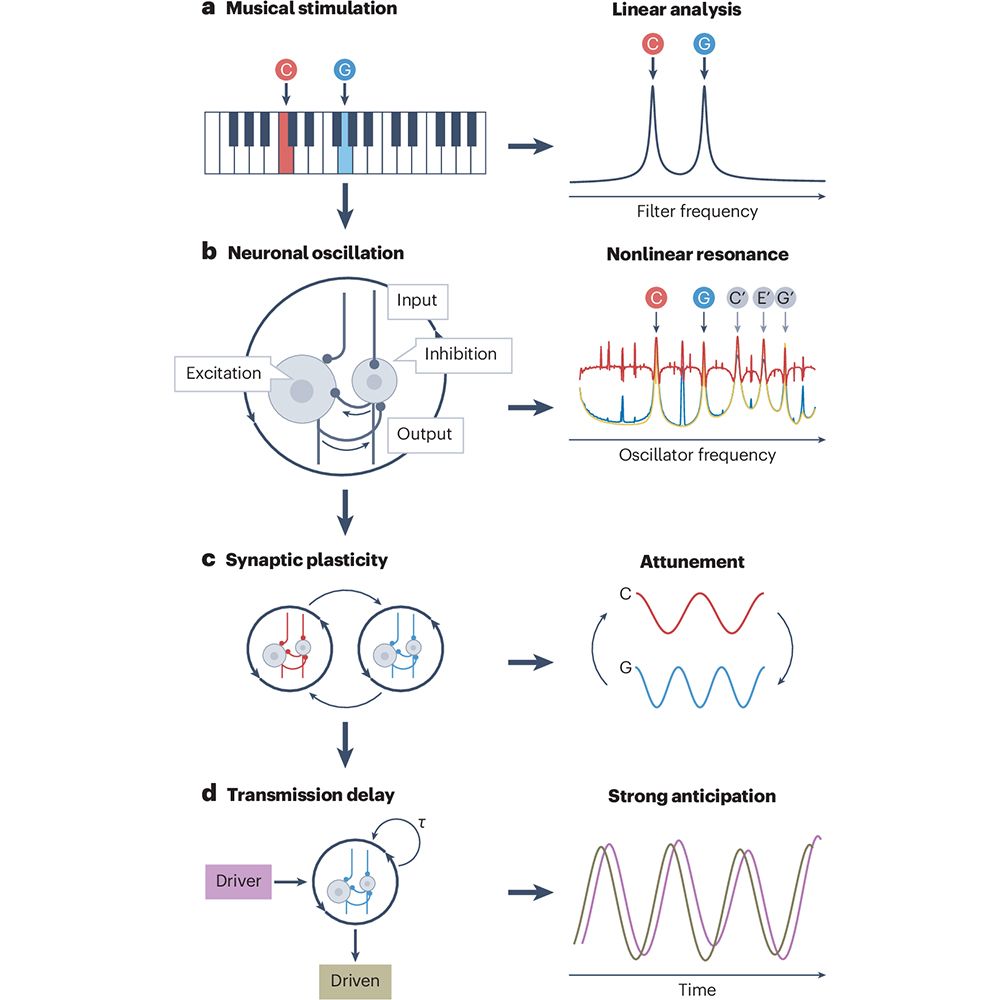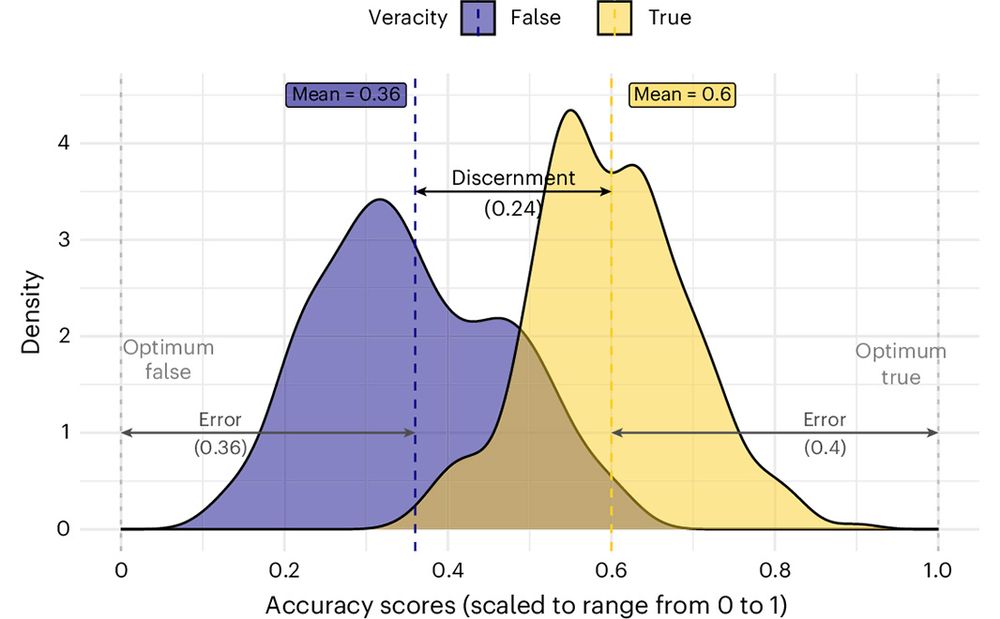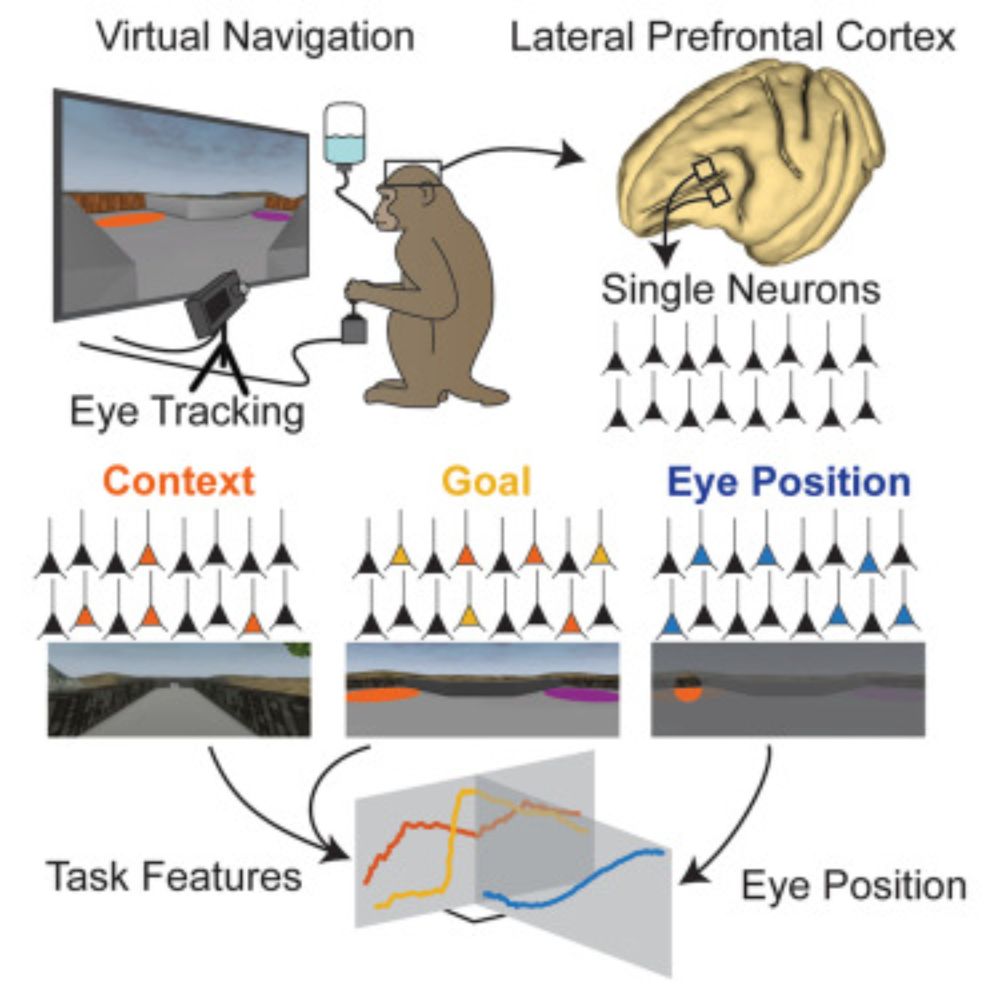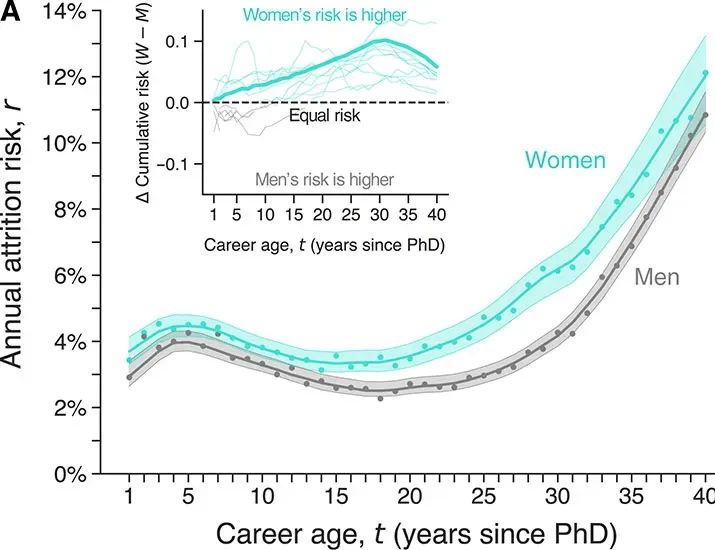doi.org/10.7554/eLif...
doi.org/10.7554/eLif...


Daniel McNamee's models show how they compress this problem:
"Expert navigators deploy rational complexity–based decision precaching for large-scale real-world planning"
Entropy of streets & successor representations explain planning speed
Colab wth Daniel McNamee at Champalimaud
www.pnas.org/doi/10.1073/...

Daniel McNamee's models show how they compress this problem:


www.cell.com/cell-reports...
#neuroscience

www.cell.com/cell-reports...
#neuroscience

www.nature.com/articles/s41...

www.nature.com/articles/s41...





(love the image chosen for this)
www.nature.com/articles/s41...

(love the image chosen for this)
www.nature.com/articles/s41...
As the year comes to a close, we’re showcasing some research and publishing highlights from the year with the hashtag #12DaysOfeLife
Follow along over the next 12 days or check out our blog now!
https://buff.ly/3Dhn21z

As the year comes to a close, we’re showcasing some research and publishing highlights from the year with the hashtag #12DaysOfeLife
Follow along over the next 12 days or check out our blog now!
https://buff.ly/3Dhn21z
Maybe not so hot???
Maybe not so hot???



